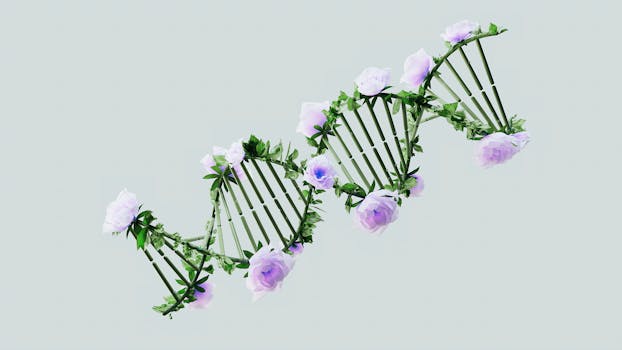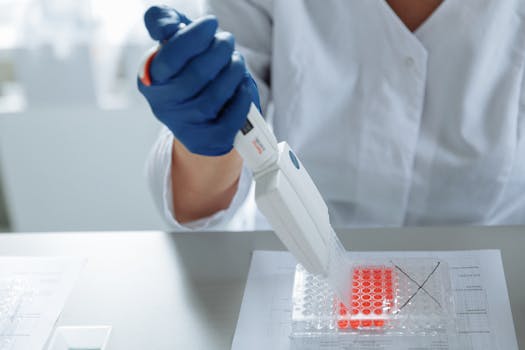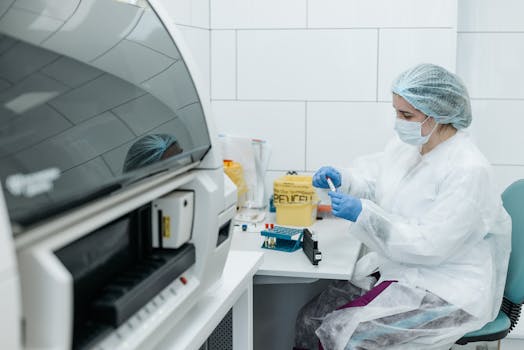
The Role of Genetics in Human Health and Disease
The role of genetics in human health and disease is a rapidly evolving field that has gained significant attention in recent years. Genetics, the study of heredity and variation, plays a crucial role in understanding the underlying causes of various diseases and developing effective treatments. In this article, we will explore the importance of genetics in human health and disease, and how understanding genetics can lead to better treatments and prevention.
Introduction to Genetics

Genetics is the study of heredity and variation. It involves the analysis of genes, DNA, and their impact on the human body. Genes are the basic units of heredity, and they carry information from one generation to the next. DNA, or deoxyribonucleic acid, is the molecule that contains the genetic instructions used in the development and function of all living organisms.
The Role of Genetics in Human Health

Genetics plays a significant role in human health, and it is estimated that genetic factors contribute to approximately 40% of all diseases. Genetic disorders can be caused by mutations in one or more genes, and they can be inherited from one’s parents or occur spontaneously. Some common genetic disorders include sickle cell anemia, cystic fibrosis, and Huntington’s disease.
The Role of Genetics in Disease

Genetics also plays a crucial role in the development and progression of various diseases. For example, genetic mutations can increase the risk of developing certain types of cancer, such as breast and ovarian cancer. Additionally, genetic factors can contribute to the development of complex diseases, such as heart disease and diabetes.
Genetic Testing and Counseling

Genetic testing and counseling are essential tools for identifying genetic disorders and providing individuals with information about their genetic health. Genetic testing involves analyzing an individual’s DNA to identify genetic mutations or variations that may increase their risk of developing certain diseases. Genetic counseling involves providing individuals with information about their genetic test results and helping them make informed decisions about their health.
Conclusion

In conclusion, the role of genetics in human health and disease is a complex and rapidly evolving field. Understanding genetics is essential for developing effective treatments and prevention strategies for various diseases. By analyzing an individual’s genetic information, healthcare professionals can identify genetic disorders and provide targeted treatments. Additionally, genetic testing and counseling can help individuals make informed decisions about their health and reduce their risk of developing certain diseases. As our understanding of genetics continues to grow, we can expect to see significant advances in the diagnosis, treatment, and prevention of genetic disorders.





